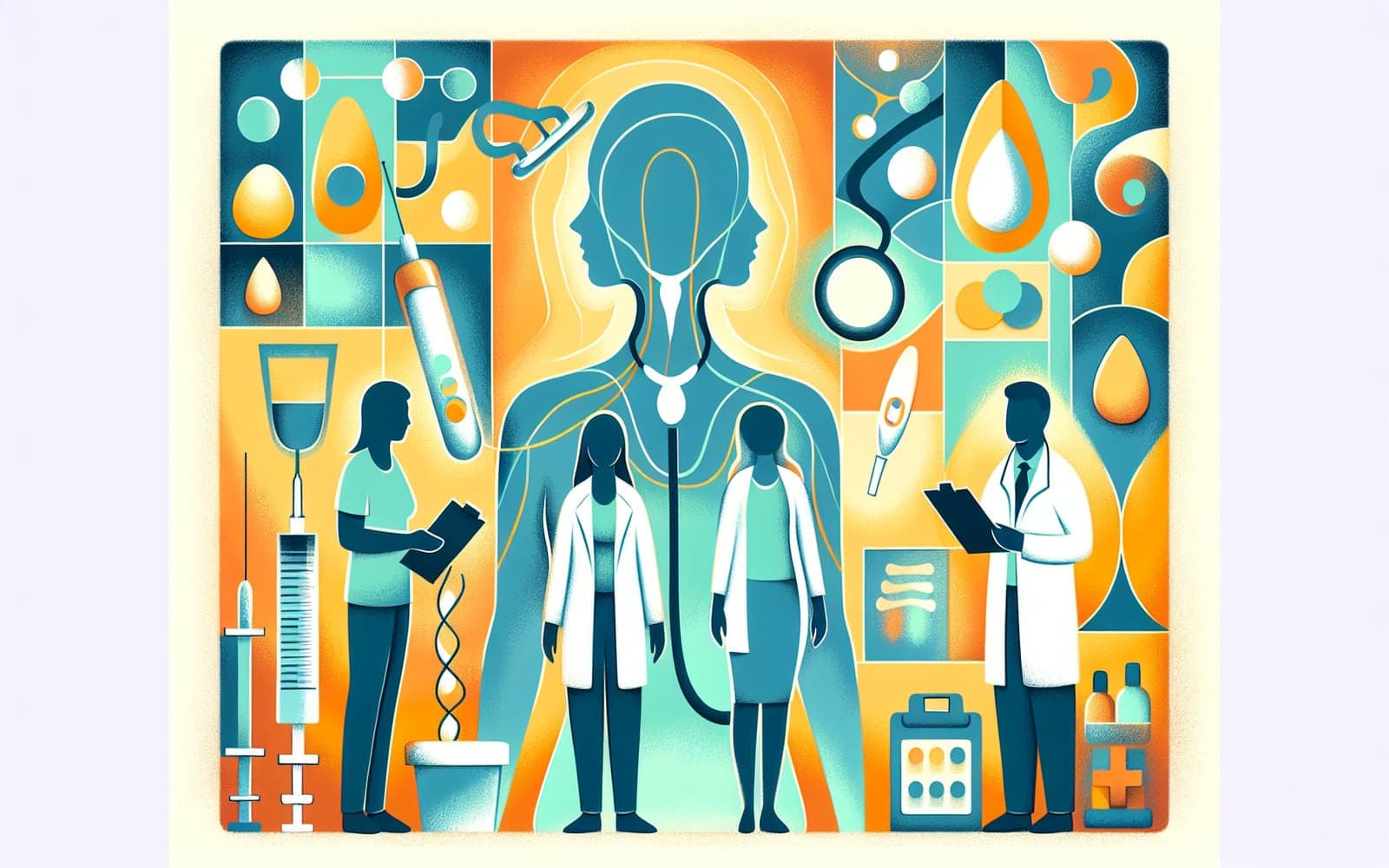How Do You Test for Subclinical Hyperthyroidism?
Published: May 17, 2024
Diagnosing subclinical hyperthyroidism requires specific tests. Learn how these tests work and what they reveal about your thyroid health.
Contents
The Essential Blood Tests
Subclinical hyperthyroidism is primarily diagnosed through blood tests measuring thyroid hormone levels. The tests look for normal levels of free thyroxine (T4) and triiodothyronine (T3) but a low level of thyroid-stimulating hormone (TSH). These tests are crucial for identifying the condition, especially since symptoms are often absent.
Confirming the Diagnosis
If initial tests suggest subclinical hyperthyroidism, repeat testing is often recommended. This is because TSH levels can fluctuate, and a confirmed diagnosis requires consistent results. Repeated measurements over one to three months help ensure the accuracy of the diagnosis.

Identifying the Cause
Once diagnosed, further tests can help determine the cause of subclinical hyperthyroidism. Thyroid imaging and antibody tests might be performed to distinguish between different underlying conditions. Understanding the cause is key to deciding on the best management plan.
Frequently Asked Questions
Blood tests measuring T4, T3, and TSH levels.
By repeating tests over one to three months.
TSH levels can fluctuate and need consistent results for diagnosis.
Yes, imaging can identify causes like thyroid nodules.
They reveal hormone levels and help diagnose thyroid issues.
The Bottom Line
Could a simple blood test reveal your thyroid's secrets?
References
- Sawin CT, Geller A, Kaplan MM, et al. Low serum thyrotropin (thyroid-stimulating hormone) in older persons without hyperthyroidism. Arch Intern Med 1991; 151:165.
- Franklyn JA, Black EG, Betteridge J, Sheppard MC. Comparison of second and third generation methods for measurement of serum thyrotropin in patients with overt hyperthyroidism, patients receiving thyroxine therapy, and those with nonthyroidal illness. J Clin Endocrinol Metab 1994; 78:1368.
This article has been reviewed for accuracy by one of the licensed medical doctors working for Doctronic. Always discuss health information with your healthcare provider.
AI Doctor Visit Required
Appointments available 24/7
15-min consultation. No hidden costs.
AI Doctor Visit Required
For safety reasons we have been forced to end this consultation.
If you believe this is a medical emergency please call 911 or your local emergency services immediately.
If you are experiencing emotional distress, please call the the Suicide & Crisis Lifeline at 988 or your local crisis services immediately.
Contact us
You can also email us at help@doctronic.ai
We aim to reply within 5-7 days
How likely are you to recommend Doctronic to friends or family?


